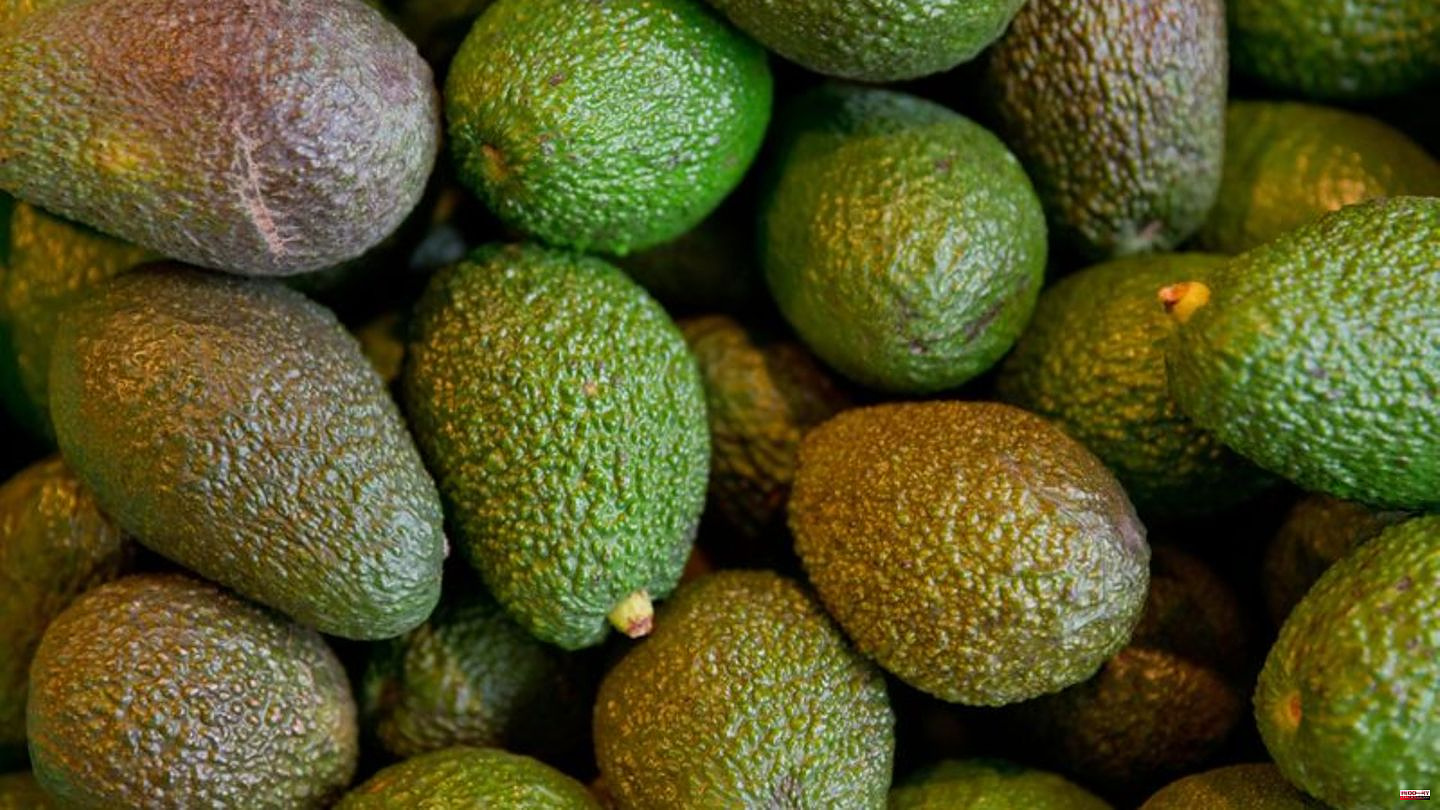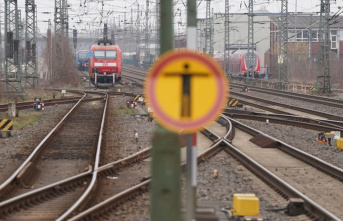It is green, is considered very healthy and many people find it delicious: consumption of avocados has been rising sharply in this country for years: imports of the "super fruit" grew from around 31,400 tons in 2013 to almost 157,800 tons last year, according to statistics Federal Office in Wiesbaden announced. This means that the import volume has increased more than fivefold within ten years. At the same time, the value of imported fruit rose from 68.3 million euros in 2013 to 484 million euros.
Avocados need lots of sun to grow. Therefore, they are grown in tropical, subtropical and Mediterranean areas. According to the Federal Statistical Office, the most important country of origin last year was Peru (49,200 tons), followed by Colombia (15,800) and Chile (14,500). But the cultivation of avocados puts a strain on the environment in the growing areas - especially due to their high water consumption, warns the environmental organization WWF.
Avocado cultivation causes rivers to dry up
The thirsty fruit poses a particular problem for low-rainfall growing regions such as central Chile or the Peruvian coast, explains Elisa Kollenda, sustainability expert at WWF Germany. Because of the avocado cultivation, additional irrigation is used there, which leads to regional conflicts over water use. The expansion of large-scale, industrial avocado cultivation in some of these regions has already led to rivers and wells drying up and the local population having to be supplied with makeshift water from trucks.
From a climate perspective, the green fruit is less problematic, explains Kollenda. However, this only applies if it is transported by ship and not by plane. “Especially perishable foods are transported by air freight, including exotic fruits such as papayas, guavas and mangoes,” she says.
Air transport causes up to 170 times more climate-damaging emissions per kilogram of food than transport by ship. “Since they are harvested unripe and can ripen during transport, they are well suited for ship transport,” explains the expert, referring to the avocados.
WWF advises regional alternatives
One thing is certain: "The avocado is undoubtedly very healthy and provides valuable omega-3 fatty acids, magnesium and vitamins," says Kollenda. Nevertheless, there are more sustainable alternatives for consumers in Germany. "In summer, fresh local berries provide many of the same ingredients as avocados." If you prefer seasonal, certified organic and plant-based foods when shopping, you are definitely making a sustainable choice.








